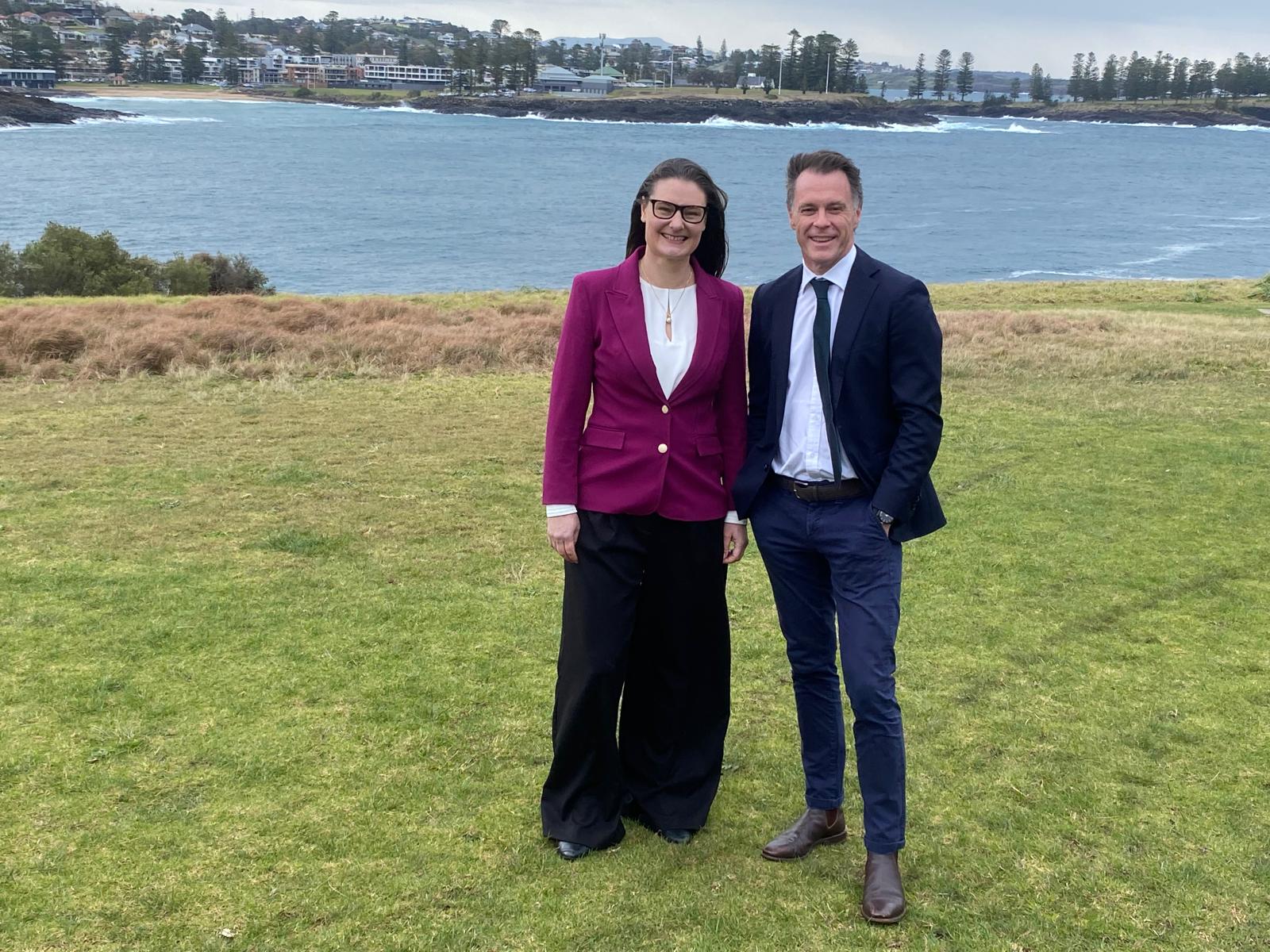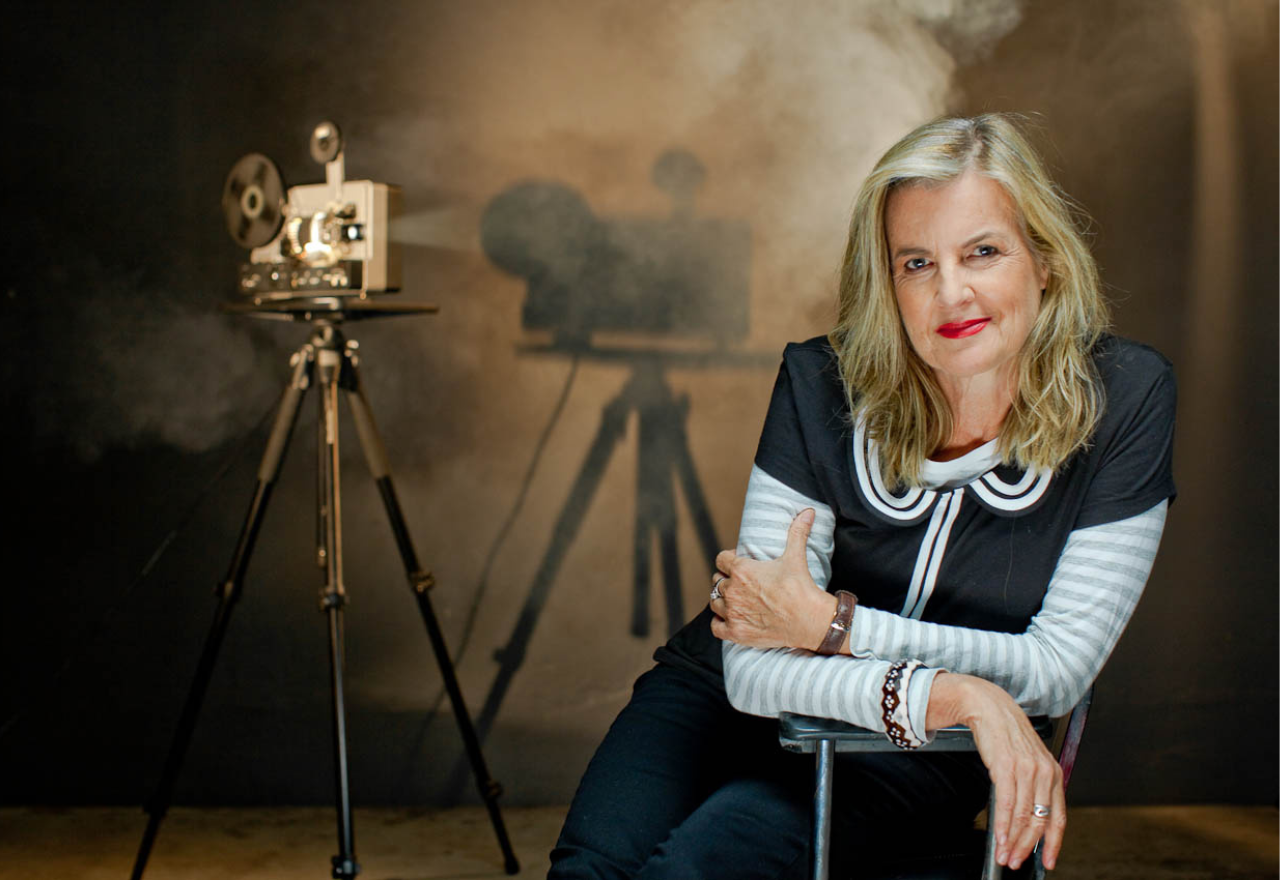The town that keeps rebuilding: New doco Floodland explores Lismore’s flood crisis
Lleyton Hughes
15 August 2025, 3:00 AM
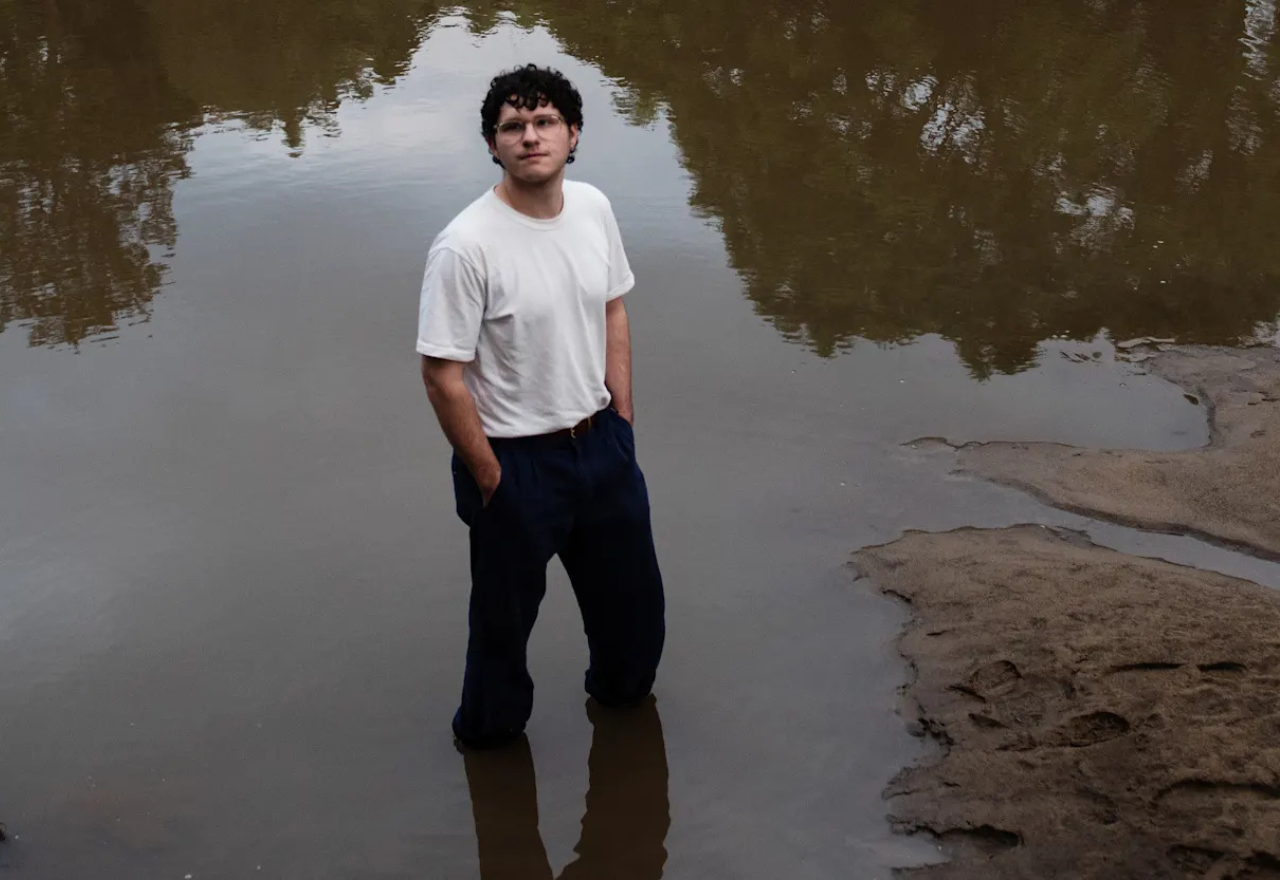 Director of Floodland, Jordan Giusti in Lismore. Photo: Elise Derwin
Director of Floodland, Jordan Giusti in Lismore. Photo: Elise DerwinThe town of Lismore sits on a floodplain and has experienced more than 150 floods since 1850 - 33 of them classified as major. Fifteen of those major floods have occurred in the past 50 years, and in 2022, Lismore recorded its worst on record, with waters reaching 14.36 metres.
It is officially Australia’s most flood-prone postcode. And with every major flood, the people of Lismore are forced to rebuild, again and again. Their resilience is often praised - but how much is too much?
At what point does the cycle stop? How long can a community keep rebuilding something that will inevitably be destroyed?
These are the questions posed in Jordan Giusti’s new documentary, Floodland - a deeply human portrait of a town navigating the "elephant in the room," or more accurately, the water at their feet.
Giusti was first introduced to Lismore through a past relationship, and it was during that time that the 2022 floods hit.
“I got to know the area through that, shortly before the 2022 floods,” Giusti said. “Seeing how that really affected everyone, including my partner at the time and her family, I suppose that really just drew me into dropping everything I was doing.”
“Initially, it was just to help out, to do whatever I could. And then it felt like everyone was coming up to me and telling me all these details about what was going on in Lismore - and how it wasn't a new problem. It’s been happening since the beginning. It just felt like a really important story to tell.”
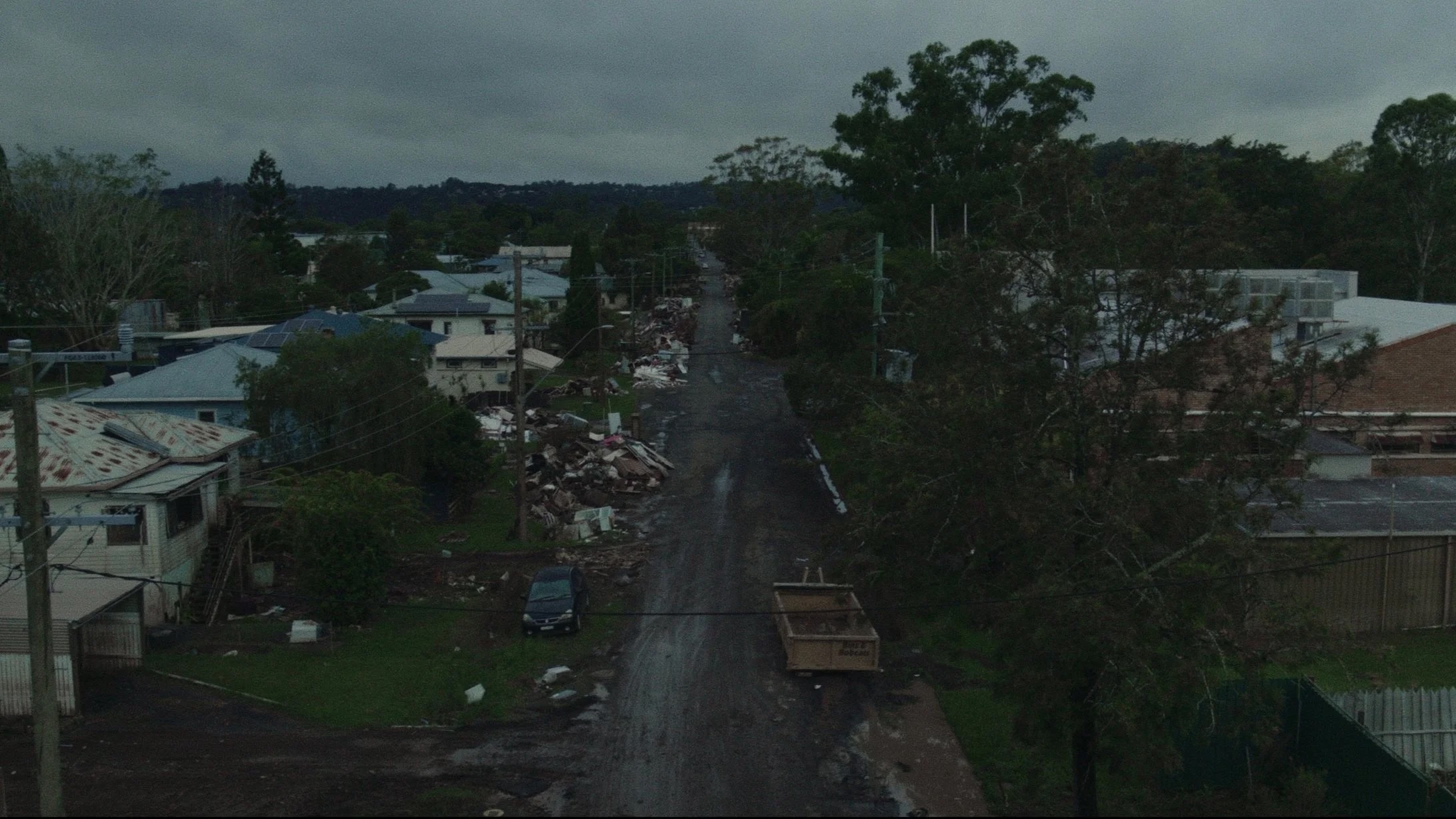
A still from Floodland. Photo: Sweatshop and Green Productions
The film follows three central figures, while also weaving in voices from the broader community throughout its 91-minute runtime. Lifelong resident Eli wrestles with the emotional weight of leaving his home after being selected for a government buyback scheme.
His friend Harper throws himself into grassroots politics in a passionate attempt to help save the town. And Dr Carlie Atkinson, a respected Bundjalung and Yiman social worker, offers trauma support through the Northern Rivers Community Healing Hub, drawing on First Nations therapeutic knowledge.
Through these characters, Floodland explores different perspectives on what it means to call Lismore home - whether that means staying and fighting for change, or acknowledging the need to let go.
Eli’s story is particularly emotional, as he comes to terms with being effectively forced to leave everything he’s ever known.
“I think what you find is people who do love their home, who are happy to rebuild at a certain level, being pushed to these extremes and asking: can we continue if it’s going to keep getting this bad?” said Giusti.
“And I thought that was really sad. It’s heartbreaking. And I think that’s the heartbreaking thing about this as a climate change film - these beautiful communities that live in a very unique way are the first to feel the impacts. And they might be lost. There’s a real sense of grief in the film.”
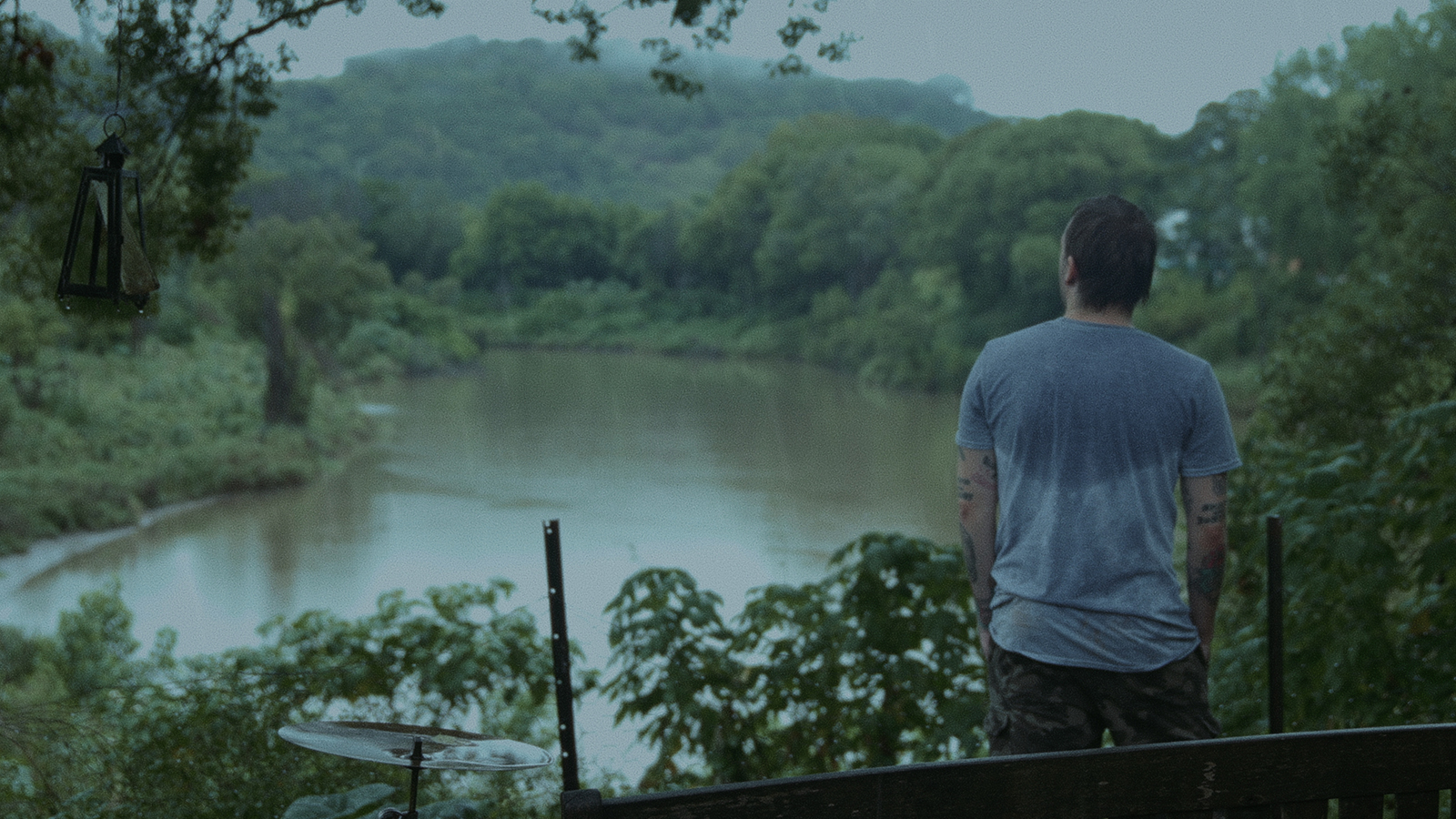
A still from Floodland. Photo: Bonita Carzino
Although set in a single regional town, Floodland speaks to much larger, universal issues - especially the futility and frustration of repeating actions that don’t solve the underlying problem.
“I think it was something that people in the floodplain started to feel - that it was kind of insane that this kept happening, and nothing was changing,” said Giusti. “I found that really fascinating, because I think a lot of people feel that way about other things too.”
“Things that we keep repeating on a societal level that clearly aren’t working. And I was curious to see how people in Lismore were navigating that, because I think there are lessons there - not just about flooding or rebuilding, but about the other things we cling to even when they’re no longer working.”
One striking example in the film is how some residents delay selling their homes until enough time has passed after a flood, waiting for collective memory to fade. Giusti draws a provocative parallel between this and the way society forgives public figures.
“It’s like when a celebrity does something wrong, then disappears for a while and comes back once people have forgotten,” he said.
“There are certain truths that are so hard to accept that the brain has to invent something to survive. So it invents reasons why maybe it won’t flood again. And people lapse into that fantasy because it’s easier than facing the truth.”
“I think there’s something very human in the story of Lismore that speaks to something much more universal.”
Visually, the film is also striking. Giusti was drawn to the project in part because of how rarely floods are captured on film in a way that conveys their real impact.
“I was very fortunate to find myself telling a story that had material I’d never really seen before. And I think that’s a huge thing for me,” he said. “Werner Herzog, the filmmaker, has this quote I love: ‘It’s our responsibility as filmmakers to create new images.’”
Floodland will screen at The Gala Cinema in Warrawong on Sunday, August 17 at 10am.
It’s a haunting, deeply human story about belonging, grief, community, nature, and the quiet persistence of hope - not to mention its beautiful cinematography and music. At its core, it reflects something essential about the world we live in - and the future we're heading toward.
NEWS
